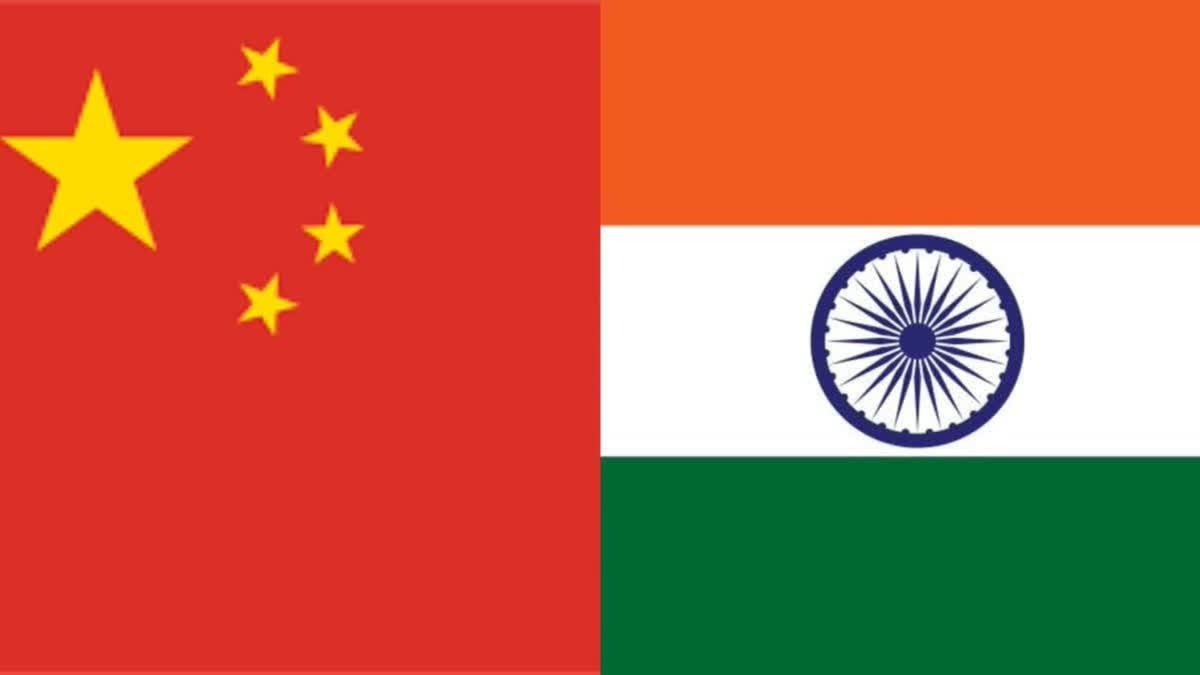New Delhi: Yet again, India on Wednesday refused to endorse China's one belt one road initiative. With this, India become the only country in the Shanghai Cooperation Organisation (SCO) to not support the controversial connectivity project.
A joint communique issued at the end of the SCO's Council of Heads of Government conclave hosted by Islamabad said Russia, Belarus, Iran, Kazakhstan, Kyrgyzstan, Pakistan, Tajikistan and Uzbekistan reaffirmed their support for the Chinese connectivity initiative.
India has been consistent in its position of not supporting China's BRI project in previously held SCO meetings as well.
In his address at the SCO summit, EAM Jaishankar noted "debt is a serious concern" but did not elaborate further.
"Collaborative connectivity can create new efficiencies," he said. "Cooperation must be based on mutual respect and sovereign equality. It should recognize territorial integrity and sovereignty. It must be built on genuine partnerships, not unilateral agendas. It cannot progress if we cherry-pick global practices, especially of trade and transit", he added.
India has been critical of China's Belt and Road Initiative (BRI) for several reasons. The primary concerns include issues of sovereignty, debt sustainability, and the lack of transparency in the projects.
India argues that certain BRI projects, particularly the China-Pakistan Economic Corridor (CPEC), violate its territorial integrity, as they pass through regions claimed by India.
Furthermore, India emphasizes the importance of inclusive and sustainable development approaches, advocating for projects that respect local interests and involve local stakeholders.
The Shanghai Cooperation Organization (SCO) member states further observed that unilateral sanctions are incompatible with international law and have "negative" impact on third countries and global economic relations.
In a joint communique adopted at the culmination of the 23rd summit of the SCO's heads of government in Pakistan's capital Islamabad, they reaffirmed the commitment to the peaceful settlement of differences and disputes between countries through dialogue and consultations.
They opposed protectionist actions, unilateral sanctions and trade restrictions that undermine the multilateral trading system and impede global sustainable development.
The declaration called for developing further cooperation in the spheres of politics and security, trade, economy, finance and investment, and cultural and humanitarian ties in order to build a "peaceful, safe, prosperous and ecologically clean planet Earth to achieve harmonious coexistence of man and nature."
The heads of government observed the "tectonic" shifts in the global economy, characterized by rapid advancements and interconnectivity in the areas of information technology, digitalization, artificial intelligence, virtual/digital assets and e-commerce.



